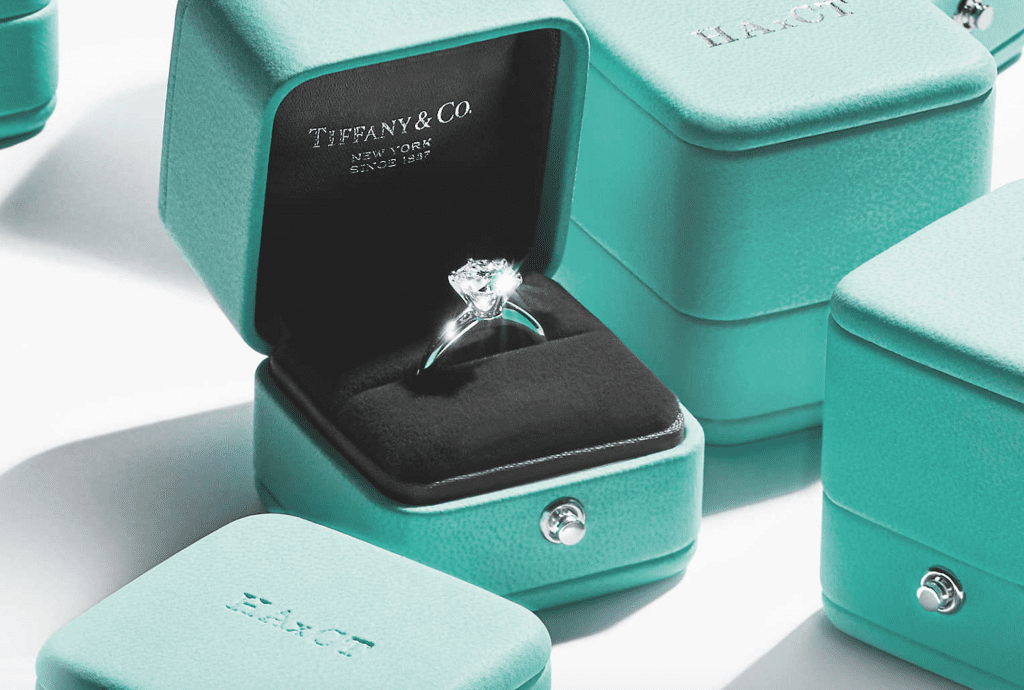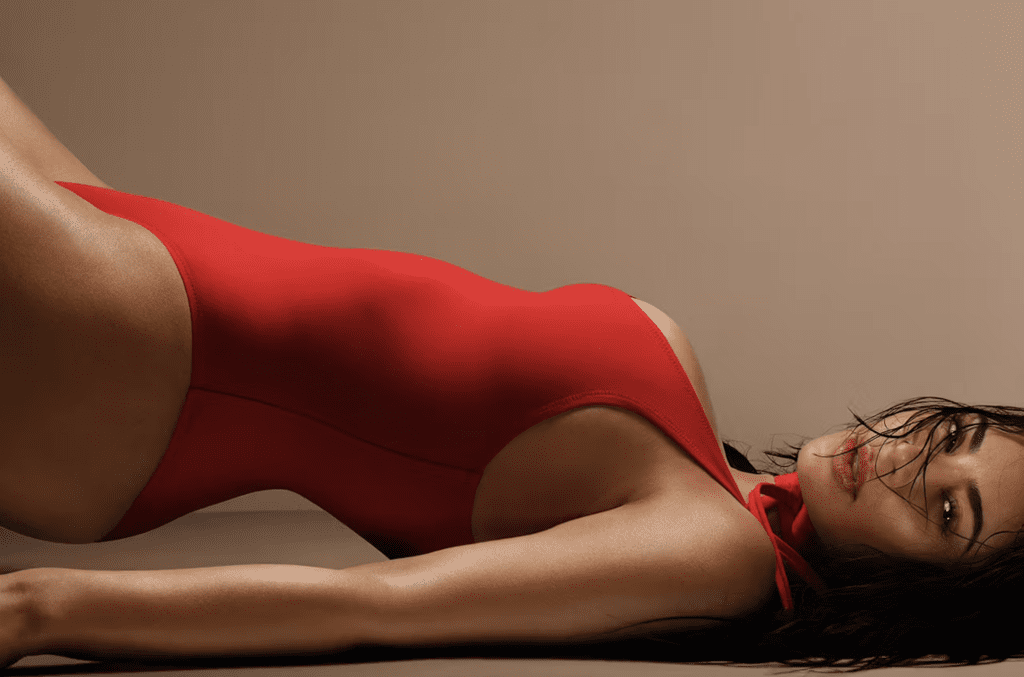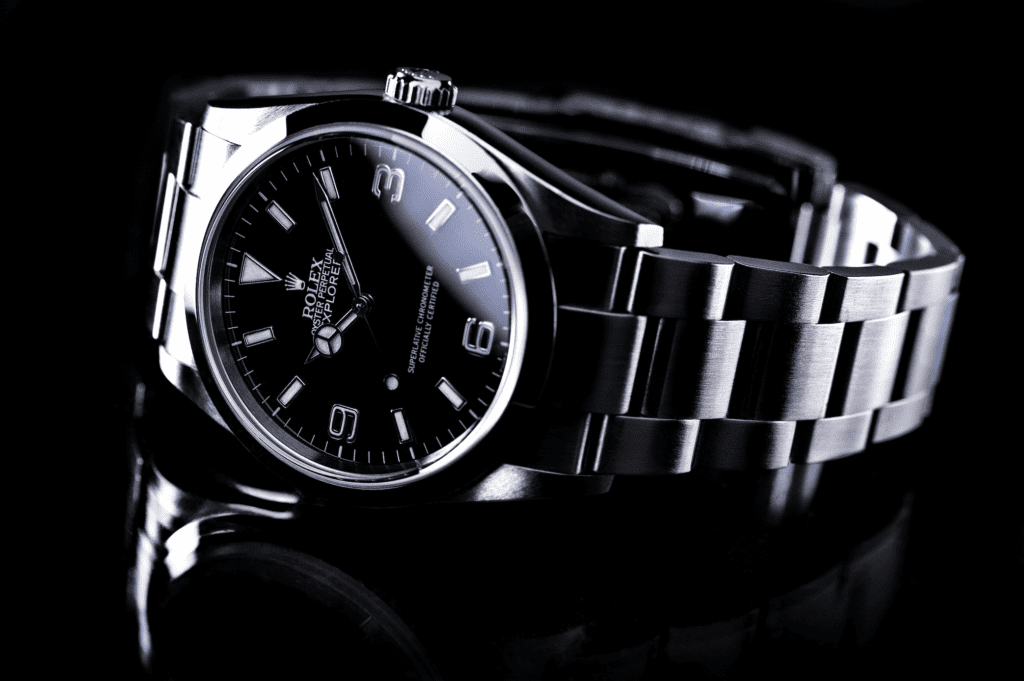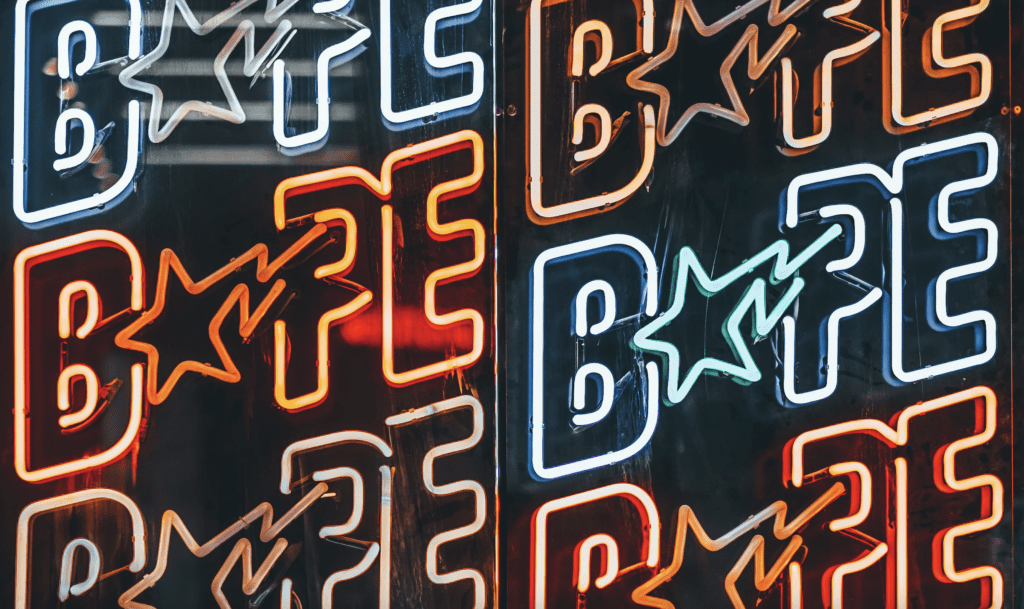The U.S. Court of Appeals for the Second Circuit sided with Costco in the years-long legal battle that it has been ensnared in with Tiffany & Co. In a highly-anticipated decision dated August 17, a 3-judge panel for the Second Circuit held that the U.S. District Court for the Southern District of New York erred in determining on summary judgment that the multi-national warehouse retailer ran afoul of federal trademark law by labeling and selling diamond engagement rings as “Tiffany” rings, and ultimately, requiring Costco to pay a jury-determined $21 million damages sum as a result.
In the newly-issued 3-0 decision, Circuit Judge Debra Ann Livingston states that the lower court was wrong to grant Tiffany’s motion for summary judgment, and thereby, prevent a jury from deciding key issues at the conclusion of a trial.
An Early Win for Tiffany
Tiffany & Co. first filed suit against Costco on February 14, 2013, accusing it of trademark infringement, counterfeiting, and unfair business practices, and seeking tens of millions of dollars in damages. According to Tiffany’s complaint, Issaquah, Washington-headquartered Costco had sold engagement rings – some costing upwards of $6,000 – using the “Tiffany” name to thousands of Costco members, who snatched up the sparklers (allegedly) under the false impression that they were authentic Tiffany products. Costco responded with a countersuit, in which it denied infringement/counterfeiting liability, asserted defenses – including fair use – on its behalf, and sought to have Tiffany & Co.’s federally registered “Tiffany” mark invalidated on the basis that it is generic.
In September 2015, Judge Laura Taylor Swain of the U.S. District Court for the Southern District of New York found that Costco was liable for trademark infringement and counterfeiting for using signage bearing the word “Tiffany” to identify certain rings in its stores, and confusing consumers as a result. “Based on the record evidence, and despite [its] arguments to the contrary,” Judge Swain held that “no rational finder of fact could conclude that Costco acted in good faith in adopting the Tiffany mark.” At the same time, Judge Swain also dismissed Costco’s counterclaim and its defenses, including its claim of fair use.
As the Second Circuit stated in its decision on Monday, while “Costco does not dispute that Tiffany has a valid, registered trademark for the word ‘Tiffany,’ it argued before the district court that it was using that word in a different, widely recognized sense to refer to a particular style of pronged diamond setting not exclusive to rings affiliated with Tiffany.” With that in mind, and given its assertion that “Tiffany” is “not only a brand name, but also a widely-recognized descriptive term for a particular [ring] style,” Costco argued that its use of the Tiffany name “was not likely to confuse consumers – the essence of a claim for infringement – and that even if some degree of confusion was likely, it was entitled under the Lanham Act to [make] descriptive use of an otherwise protected mark.”
With the district court deciding the matter on summary judgment (i.e., a judgment entered by a court without a full trial when there “are no genuine disputes concerning any material facts”), and holding that Costco’s conduct amounted to “gross, wanton or willful fraud,” with the retailer specifically requesting that its vendors copy Tiffany products, which it then sold in its stores, the jury was ultimately tasked with deciding only the amount of monetary damages owed to Tiffany by Costco as a result of its alleged infringement and counterfeiting.
On the heels of the lower court’s decision, Costco sought Second Circuit intervention in September 2017, arguing that “the district court erroneously granted Tiffany’s motion for summary judgment on its infringement and counterfeiting claims, improperly depriving [it] of the opportunity to present its case to a jury.” In particular, Costco argued that “Tiffany” is not a legally-protected trademark but instead, a generic term short for “Tiffany setting,” which describes a specific ring setting for a diamond solitaire situated among six prongs. With that in mind, Costco argued that it used the name in a non-infringing way to “describe” a certain style of ring, and not to identify the specific source (or brand) behind the rings, themselves.
Beyond that, Costco contended that its use of signs bearing the word “Tiffany” to identify the multi-pronged solitaire diamond rings it was offering was not enough to give rise to counterfeiting liability, as the Costco rings had non-Tiffany trademarks on them, were sold to consumers in non-Tiffany packaging, and came with non-Tiffany paperwork. This did not meet the high bar required for a finding of counterfeiting, it asserted in the lengthy appeal filing.
The Second Circuit’s Decision
In its decision on Monday, the Second Circuit held that the district court got the matter wrong on the basis that it is reasonable that jurors could conclude that Costco’s use of the “Tiffany” name in connection with the sale of six pronged diamond rings is not likely to confuse consumers or lead them to believe that Tiffany & Co. endorsed or was in some way connected to the sale of the rings.
To be exact, the appeals court “conclude[d] that Costco’s evidence has, when considered in the aggregate, created a genuine question as to the likelihood of customer confusion,” namely due to “the combination of (1) Costco’s evidence that ‘Tiffany’ is a broadly recognized term denoting a particular style of pronged ring setting and (2) its further indications, backed by prior pronouncements of this court, that purchasers of diamond engagement rings educate themselves so as to become discerning consumers.”
In other words, “A jury could reasonably conclude that consumers of diamond engagement rings would know or learn that ‘Tiffany’ describes a style of setting not unique to rings manufactured by Tiffany, and [could] recognize that Costco used the term only in that descriptive sense.” Moreover, the court held that “such consumers may also be distinctly capable of recognizing that Costco’s rings were not manufactured by Tiffany – based, for example, on their price, place of purchase, packaging, or paperwork – and consequently be particularly unlikely to be confused by any aspect of Costco’s point-of-sale signs.”
The Second Circuit also asserted that a jury could reasonably conclude that Costco did not use the term ‘Tiffany’ as a trademark.” After all, “Tiffany’s own evidence indicates that Costco typically identifies the trademark associated with its branded products as the first word on the product label,” while Costco provided evidence that by way of “over a century’s worth of documents [that] suggest that ‘Tiffany’ – both alone and in conjunction with words like ‘ring,’ ‘setting,’ ‘style,’ or ‘mounting’ – is widely understood to refer to a particular type of pronged diamond setting.”
Ultimately, the appeals court found that a factual dispute exists in terms of whether Costco’s use of the word “Tiffany” was merely descriptive and used to refer to a type of ring setting, thereby, falling within the bounds of fair use … or whether its use was infringing, and thus, held that the case should not have been decided without a jury trial on the merits. As a result, the matter has been remanded to the district court for a new trial.
In a statement on Monday, Tiffany & Co. Senior Vice President, Secretary and General Counsel said, “We are disappointed in the Court’s ruling, which finds that a jury, rather than the judge, should have decided the question of liability in the first trial. We continue to believe that the District Court was correct in its findings, and that the jury’s finding on damages, which resulted in a $21 million award for Tiffany & Co., is a clear indicator of the strength of the Tiffany brand, and of the jury’s outrage over Costco’s actions.”
She further stated, “We have no qualms about trying this case again, and remain confident that a jury will find counterfeiting and infringement upon retrial, just as the District Court judge originally ruled.”
*The case is Tiffany & Co. v. Costco Wholesale Corp, 17-cv-02798 (2nd Cir.), 1:13-cv-01041 (SDNY).











